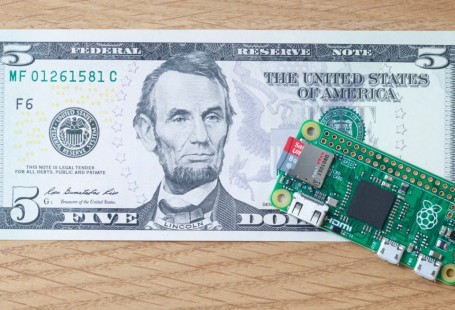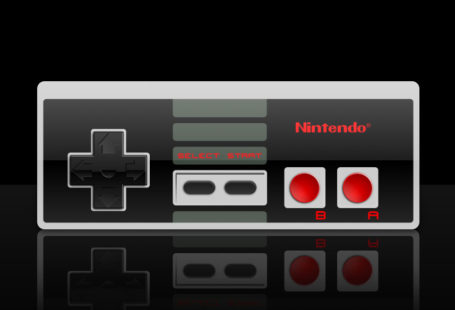Last year Canonical and bq launched the first smartphone based on Ubuntu. Now they will launch the first tablet that is based on the new Ubuntu convergent platform. This device can act as a tablet, but also will act “like a full-blown PC when you connect a keyboard, mouse and display to it“.
I’ve already written about this in Xataka and Incognitosis in Spanish, so I won’t go much deeper here because mostly everyone is covering the news superficially. It doesn’t matter if the tablet maker is bq, it doesn’t matter what are the specs, and it even doesn’t matter that the device can actually offer the user a desktop experience when the tablet is connected to that display, mouse and keyboard we were talking about.
What matters is the quality of that experience. And that quality isn’t gonna be high enough to convince users to make the switch.
I’ve reviewed the bq Aquaris E4.5 Ubuntu Edition not once, but twice. I’ve followed the progress of this project since Mark Shuttleworth first mentioned it in October’2011, when no one had talked about this convergence thing before (at least, not to my knowledge), and I had great expectations even though that dream was delayed many times.
The final arrival of Ubuntu approach has been so late that Microsoft has won that race: they’ve stolen the idea and applied it to Windows 10. The execution is still far from perfect on smartphones -I reviewed the Lumia 950 XL and Continuum a few days ago, again, in Spanish- and the problems I’ve seen on that device –UX incoherences, lack of universal apps on many cases, buggy behaviour everywhere– will for sure appear to on Ubuntu.
Launching a platform that wants to change the statu quo is a big challenge, and you won’t succeed with a platform in beta or even alpha status as these two are now.
Even Remix OS is more promising than what I’ve seen on the Ubuntu front, and I suspect that the Ubuntu team will not be able to offer us that convergence dream they talked about for so long.
In fact, I suspect this will be more of a nightmare. Not only for us, the dissappointed users, but for Canonical as well.



